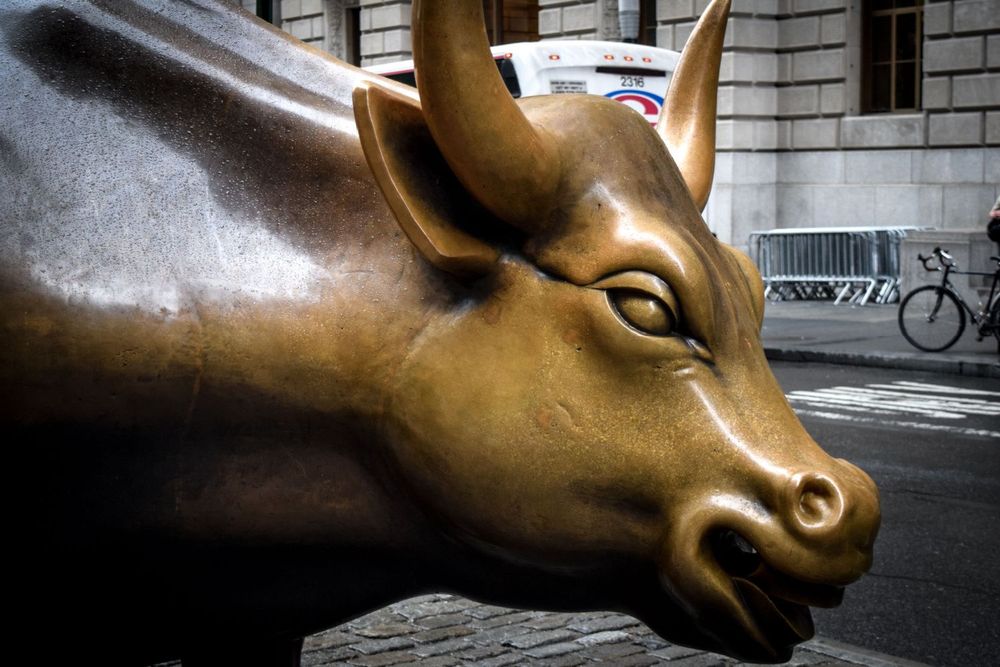
By all measures, the week of March 22, 2021, began as a hopeful week on Wall Street—the third wave of the COVID-19 pandemic had largely subsided, workers were returning to the office, and financial markets were at all-time highs. By the end of the week, however, the decline of just a few media and technology stocks, precipitating the default of a single hedge fund, led to losses of epic proportions across multiple prime brokers. Ultimately, Wall Street brokers incurred losses of over $10 billion due to the implosion of Archegos Capital Management, which had significant and highly leveraged exposure to only a handful of positions. Since the Archegos default, financial institutions across the globe have sought to evaluate their risk functions and insulate themselves from the type of concentrated credit risk the event had exposed. This article, prepared by the attorneys tasked with reviewing and evaluating the nearly $5.5 billion in losses incurred at Credit Suisse, discusses the key lessons learned from Archegos’s downfall, and the steps financial institutions should take to protect themselves from similar credit risk exposure in the future.
Archegos was a family office founded in 2013 by Sung Kook “Bill” Hwang. Archegos, formerly “Tiger Asia,” was one of a group of hedge funds started by alumni of Tiger Management (so-called “Tiger Cubs”), one of the largest and most successful hedge funds of the 1990s. Following Archegos’s defaults— and its ensuing loss of $20 billion in assets under management—Hwang has been characterized as “the greatest trader you’d never heard of.” Compared to his cohort on Wall Street, Hwang cut an unusual figure. A reported pillar of his church for years, Hwang founded the Grace & Mercy Foundation, gave millions of dollars to mostly Christian causes, hosting Scripture readings at his foundation offices in Midtown Manhattan, and “invest[ing] according to the word of God and the power of the Holy Spirit.”1
This content is available to paid Members of Starling Insights.
If you are a Member of Starling Insights, you can sign in below to access this item.
If you are not a member, please consider joining Starling Insights to support our work and get access to our entire platform. Enjoy hundreds of articles and related content from past editions of the Compendium, special video and print reports, as well as Starling's observations and comments on current issues in culture & conduct risk management.
Join The Discussion